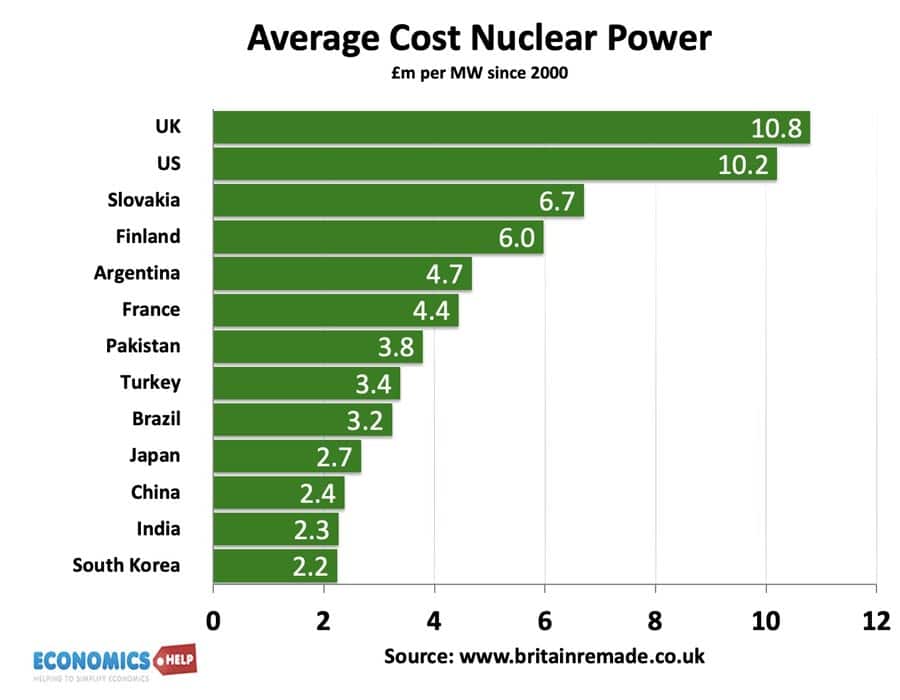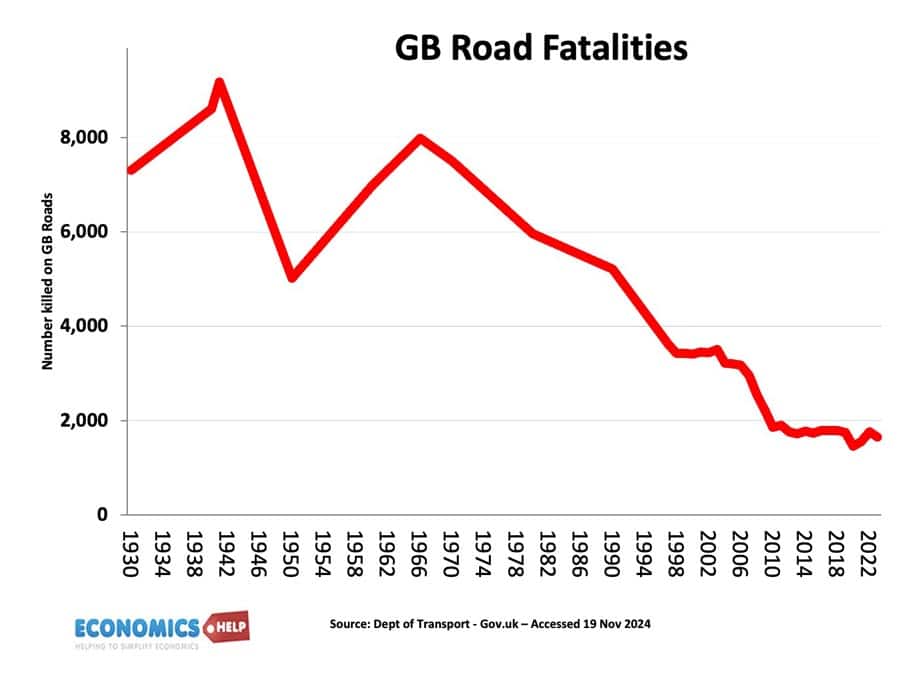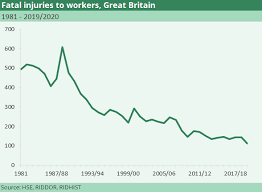There is a new window regulation which states new windows on upper stories have to be 1.1 metre off the ground because of the risk that people may fall out of them. It is argued that due to global warming people will open windows more and then there could be a spate of people falling out. The new regulations say you can have lower windows if there is a bar across and the lower part of the window doesn’t open.
It doess seem the UK has a thing about windows. Youtube kept promoting this video to me about a window blocked by these boards. They are on a neighbour’s property and are governed by the law of ancient lights.” Put up in 1915, an old lady insisted on keeping these boards to block the light, even though she didn’t actually live in the house. Although I think the problem there is not so much regulations as irrationally selfish neighbours.
At least these houses have windows. For many years, the UK’s curious window tax led to many windows being bricked up. Introduced in 1696, it was repealed after nearly two centuries in 1851. Blocked windows are a great example of unintended consequences. You try to solve one problem, but you get a different one instead. Anyway I digress from the modern era.
The big problem is the lack of housing and the government has great ambitions to build 1.5 million homes, but builders claim that red tape and regulation will make this practically impossible. Big, bugbears include the EU directive to ensure new homes are nutrient neutral – i.e. no net water pollution. Whilst limiting water pollution is a noble endeavour, homebuilders claim the real culprit is not houses but farming with some claiming that six houses produce as much nitrate as 15 chickens.
21 Meter Rule
One of the more obscure building regulations is the 21 meter rule which aims to ensure privacy between dwellings. It is said to have been created in 1902, by Edwardian architects who were very keen to protect the modesty of Edwardian women. 21 meters was supposed to be the distance they could no longer see the nipple through the other man’s chest. This rule is blamed for house design more focused on visual modesty than comfort or heat regulation
Planning Regulations
Planning regulations are blamed for all kinds of problem for UK economy. In Anglesey, Wales a new nuclear power station was partly rejected because of fear it would have a negative impact on Welsh born speakers. The planned site was an ideal location for a nuclear power plant, but planners expected it to be rejected by the Welsh Planning Inspectorate because it would drive up house prices and make it harder for Welsh speakers to live in the area.

In fact, the UK is the most expensive place in the world to build nuclear power. The new Hinkley Point C nuclear power station in Somerset is on course to cost £33bn. Using the same design, the Chinese are able to build the same plant for a fifth of the cost. Even high-wage countries like France and Finland can build nuclear power for much lower cost than the UK. One reason is the UK build piecemeal, one a time and doesn’t get the economies of scale from building many, but, the UK planning system is notoriously expensive and time-consuming. Sizewell C’s Environmental impact assessment is “more than 30 times longer than the complete works of Shakespeare.
But, the record for the longest planning process goes to the newly proposed Thames Crossing at Dartford. The proposed new crossing has so far cost £267m for the planning process and £800m to the taxpayer in total. The planning process currently runs to 359,866 pages, but not a spade in the ground. To read the planning process would take 365 days, 24 hours a day. Why has it ended up so long – environmental assessments, multiple public consultations, legal challenges, the complexity of system? Individually there be a logical reason, but in total, UK planning has grown too complex.
£100m Bat Tunnel
It’s not possible to have a list of crazy regulations without the infamous £100m bat tunnel. The Times claim that with 300 bats in the wood, it is effectively £300,000 per bat. It is the law of the land that construction has to mitigate damage or harm to protected species.” HS2 claim that in planning documents that it had been told by the regulator that ‘no bat death is acceptable’. In fact that wasn’t true, the requirement was just to maintain a favourable conservation status. But, often constructors want to avoid the chance of litigation and so feel they have no option but to minimise bat deaths and take a risk-averse approach. Ironically, since 2013 when the Bechstein’s bat was first observed, its numbers appear to have increased significantly. But this bat tunnel is symbolic of how complicated it is to build anything, the bat tunnel is one of 8,267 consents required during the building of HS2. No wonder HS2 costs spiralled.
Brussels Red Tape
One of the aims of Brexit was to remove Brussels Red Tape. Whilst some media stories on the EU banning bendy bananas, was a myth – never let the facts get in the way of a good story. The EU definitely has introduced many costly regulations in its time. A recent effort to provide online consumer protections through GDPR, has led to considerable costs for small businesses and if anything made it harder for small websites to compete with the big tech giants than ever before. Historically, the EU was guilty of some of the craziest rules and regulations in agriculture. Trying to set minimum prices lead to massive surpluses – wine lakes, butter mountains, with the real-life pain of farmers getting subsidised to produce and then destroy food, that was not needed. After a tortuous decade of reform, the worst excesses of CAP have been reduced. But, Brexit has led to its own red tape, with the current Trade and co-operation agreement leading to a return of customs checks and regulations. Food exporters and importers struggling with the additional burden of health certificates, extra checks and new costs.
Benefit Regulation

It’s important to say regulation can be very effective in improving quality of life. Mandatory seat belts, speed limits and better car design has seen road fatalities fall from 8,000 to 2,000 fatalities.

Since the early 1980s, health and safety legislation has contributed to a fall in the rate of fatal injury per 100,000 workers. I wanted to do a section on health and safety gone mad, but despite it being strongly embedded in the national consciousness I failed to find any really good examples, perhaps you can help me out in the comments.
Problems Deregulation
As much as regulations can hold back the economy, it can also go the other way with deregulation causing problems. Financial regulation of banks helped provide stability in the post-war period, but after being radically deregulated in the late 1980s we ended up with the credit bubble and banks going bust.
You could argue another regulatory failure is something like the experience post water privatisation. Private companies were at a distinct advantage compared to the regulator. There was an asymmetry of information. By the time regulators knew what was happening it was too late. Water companies took on £60bn debt, paid dividends of £78 and oversaw a period of underinvestment and continued sewage spills. Thames Water is close to bankruptcy, despite large price increases The problem is not so much regulation, but the difficulty of enforcing. An observer investigation found 27 former Ofwat officials now working in the water industry that they used to regulate. Regulatory capture when regulators fail to be strict with the people they are supposed to regulate
Sources:
https://www.youtube.com/watch?v=p8fOJdmSbdU&t=246s
https://www.youtube.com/watch?v=mKMFrSYhYHw
https://www.winckleysquarepreston.org/heritage/window-tax/ Photo By Steve Harrison
https://blogs.lse.ac.uk/politicsandpolicy/tougher-regulation-wont-save-our-water-system/
